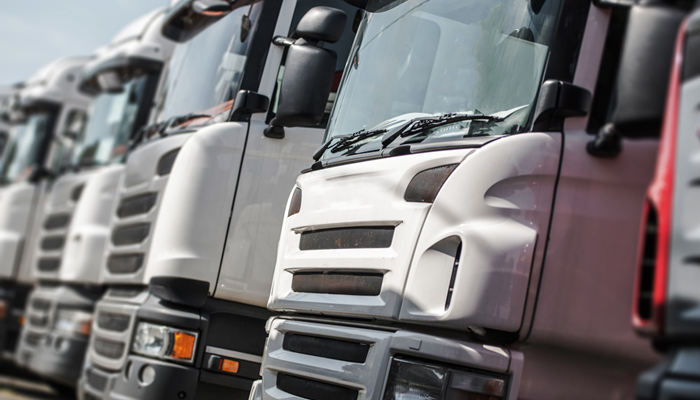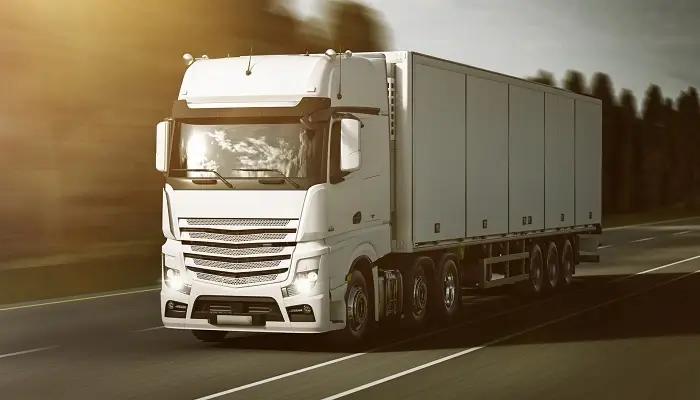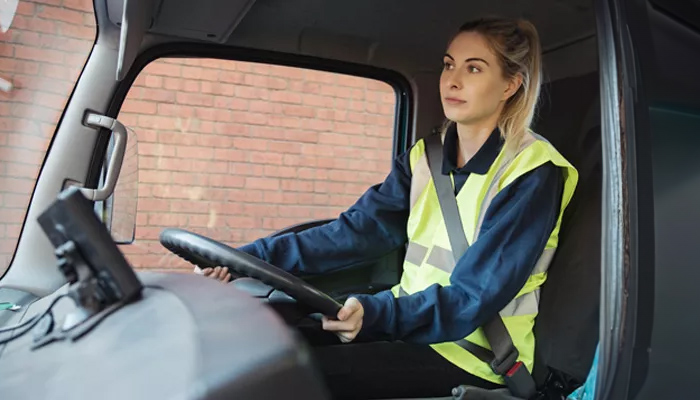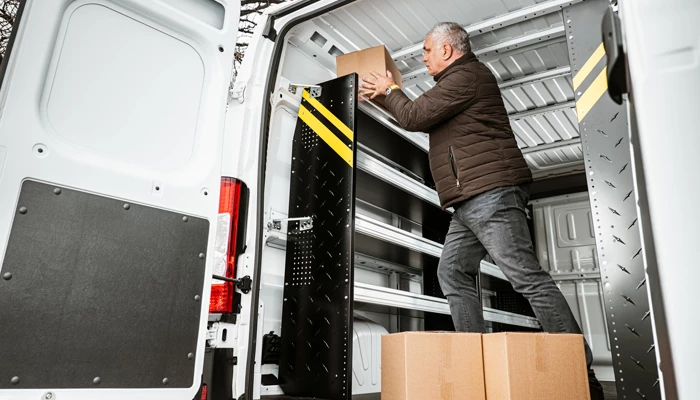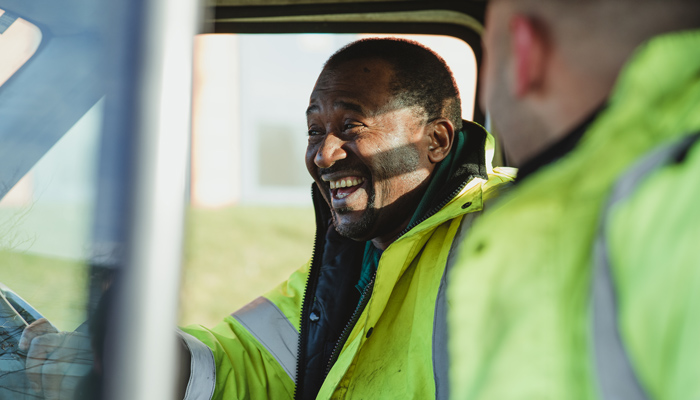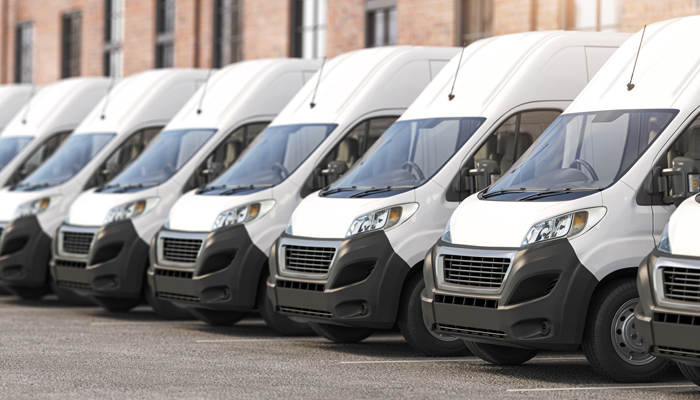Are Your Vehicles GSR2 Compliant?
Are you aware that last month, new EU regulations affecting vehicles in the UK came into force, mandating the installation of GSR2 safety features designed to make cars, buses and HGVs safer? Most vehicle manufacturers are including these features as standard, so British drivers will be affected.
The rationale behind the new regulations is related to the fact that up to 90% of all accidents involve human error. The most common accidents are:
- Rear-end collisions between cars and commercial vehicles.
- Collisions involving a truck that is making a right turn and a cyclist who is travelling alongside but intends to continue going straight ahead.
- Collisions involving pedestrians crossing the road in front of the vehicle.
All of these road safety issues, as well as the complexities of modern traffic, mean that drivers need the assistance of automated technology to keep themselves, other road users and pedestrians safer, in the future.
The regulation adds the requirement for new Advanced Driver Assistance Systems (ADAS). These include Intelligent Speed Assist (ISA), Autonomous Emergency Braking (AEB), Driver Drowsiness and Attention Warning (DDAW), and Emergency Lane Keeping Systems (ELKS).
Chris North, Technical Manager at Towergate Insurance’s Motor Division believes that these new regulations are particularly important for HGV fleet and truck operators both in terms of their overall profitability and their insurance claims.
“GSR2 came into effect across Europe on 7th July 2024 and firms should welcome the benefits that come with the regulations because they enhance the resilience of their business. GSR2 is designed reduce the number of accidents and to save lives.
“Claims involving injury and death are catastrophic for all concerned, but most of all for the victims. For truck operators, a 6-7 figure injury claim can be hugely detrimental to their claims experience and can lead to severe challenges upon renewal, when premiums may become unaffordable, or cover becomes unavailable.
“Even though GSR2 systems can be switched off, HGV operators should think very carefully before allowing drivers to do this. What is the point of having safety features if you switch them off every time you start the engine?
“There could also be a problem if police investigating an accident conclude that a fatality could have been avoided had a GSR2 feature not been switched off. That could have serious repercussions, particularly if proven to be condoned by the business concerned.”
Damage from a collision can be a major problem for HGV and truck operators if the vehicle is out of service for a long period due to the required repairs. Operators with GSR2 technology are likely to benefit from fewer accidents involving their vehicles. Quite obviously, a safer business is a more profitable business.
These safety features can be switched off but GSR2 requirements mandate that the feature is re-enabled i.e. automatically switches back on every time the vehicle is started. This is the key difference in GSR2 compliant vehicles versus existing vehicles which already possess a form of traffic sign recognition. The other key difference is that the regulation mandates systems achieve an accuracy of greater than 90% in all EU member states, where there are no performance criteria for older systems.
Outlining Towergate Insurance’s approach to GSR2 Chris North said:
“Our methodology involves thorough fact finding and detailed risk presentation to insurers. We ensure that clients who are embracing GSR2 are identified, and full details provided to help underwriters see the positive factors it brings to a risk and we encourage them to factor that in when pricing the fleet.”
Date: August 15, 2024
Category: Commercial Vehicle






